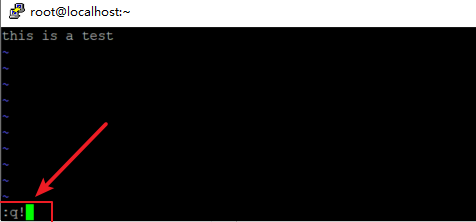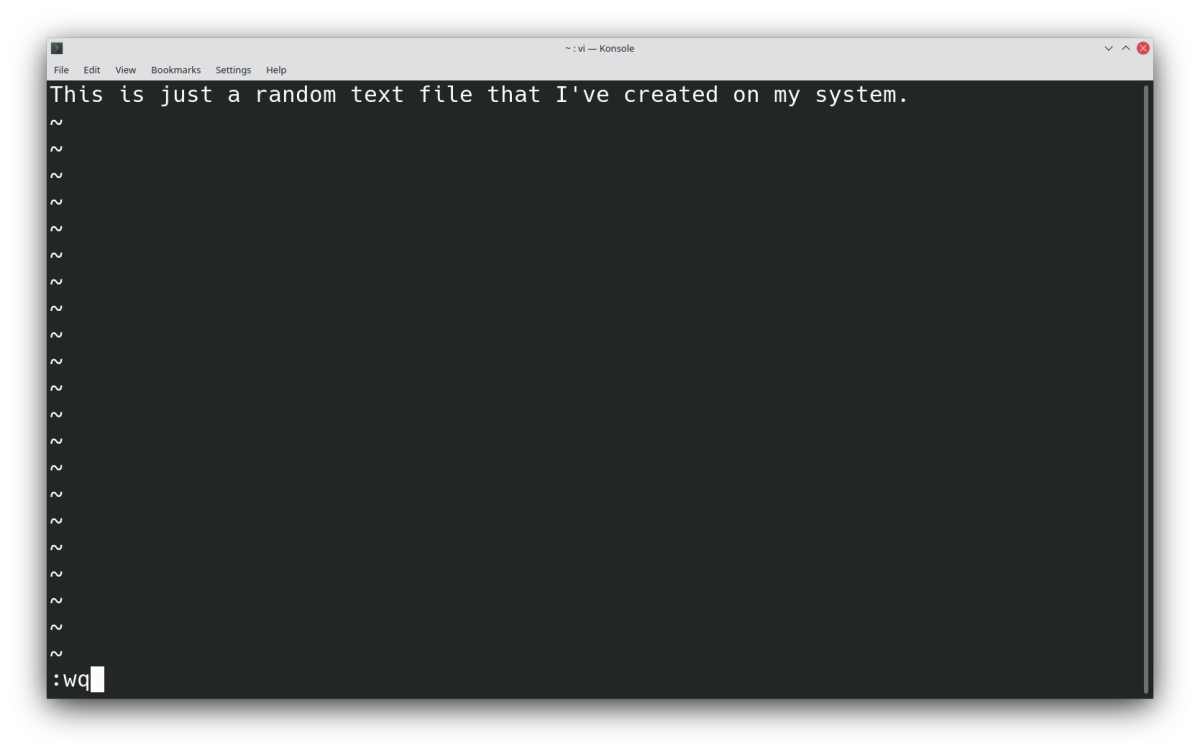

Use :w to force write, or Issue :set noreadonly and then just use normal :w A permission problem (sudo): you cant write but you have sudo rights. To specify the filename when saving in vi, first press escape to ensure you are out of insert mode. Once you have made your choice of the exit command, press enter to finally quit Vim and close the. There seems to be some different approachs, depending on your current problem: Readonly by vi. This tells vi to quit without saving any changes. Maybe you opened the editor from standard input? Maybe you just want to save the file under a new name and leave the original file unchanged? To specify the name of file when saving in vi, simply add it after the write command. This will ensure vi is out of Insert mode and in Command mode. However, there are occasions where you want to save the file to a new name. You need to type the following sequence : : + w + q, start with a : (colon) then press w and finally q to w rite and q uit (or just :w to write without quitting) then press Enter to valid. The keyboard shortcut ZZ makes it easy to both save and quit VI or VIM. Once your are done editing and write it to disk, this is the filename used. Most often the filename is specified when opening the vi editor, like so: $ vim newfile.txt
#Vi save and quit how to#
Let's take a look at how to use the "save as" feature in vim. One such command is specifying the name, or save as, of the file before you write it to disk. Without entering insert mode move to the character you want to change, press R, then press the key for the character you want to change to. In order to be effective with the editor, it is important to know all the commands. It has been around since 1976 and you either love it or hate it. Please note that whenever you type :, a vim or vi : will.

(If you really want to quit without saving, type :q. Next, you can type the following commands::q to quit.:q to quit without saving data/file.:x save and quit.:qa to quit all open files. This command fails if you have made changes to a file since the last time you saved it. The vi (or vim) text editor is a very effective text editor for Linux / UNIX systems. The procedure is as follows to quit vim/vi text editor: First, you need to switch to command mode.


 0 kommentar(er)
0 kommentar(er)
